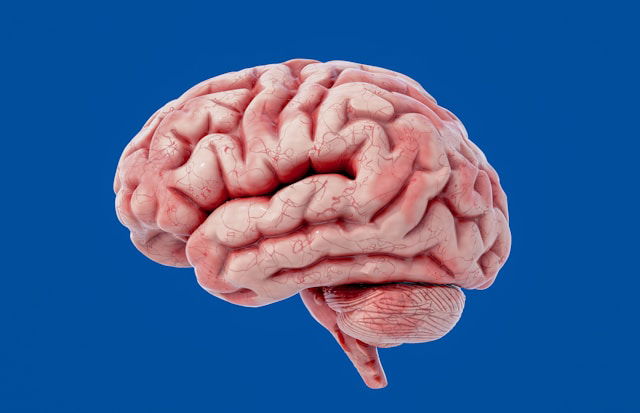
Scientists have long wondered what causes Alzheimer’s disease to begin, and why some people with early brain changes never develop full-blown dementia.
Now, researchers at Harvard Medical School may have found a key piece of the puzzle: a shortage of lithium in the brain.
Lithium is a mineral that naturally occurs in small amounts in the environment, including in water and some foods. It is already used in high doses to treat bipolar disorder and depression. But this new study shows that lithium is also naturally found in the brain at low levels and may play a protective role.
In the study, published in the journal Nature, scientists found that people with healthy memory had higher levels of lithium in their brains. People with early memory problems or Alzheimer’s disease had lower levels.
This was confirmed by analyzing brain tissue and blood samples from hundreds of people across the U.S. The drop in lithium levels appeared early—before major brain damage occurred. In mice, reducing lithium led to brain inflammation, memory loss, and the formation of harmful plaques linked to Alzheimer’s.
The researchers also tested a special form of lithium called lithium orotate. Unlike other types, this one can avoid being trapped by the harmful amyloid beta plaques seen in Alzheimer’s. Mice treated with this compound regained memory and showed fewer signs of brain damage—even those with advanced disease.
This discovery could explain why past Alzheimer’s treatments, which mostly focus on removing amyloid plaques, haven’t fully worked. Amyloid is just part of the story. What may matter more is how the brain responds to these plaques—and lithium seems to be key to that response.
The team used powerful tools to measure small amounts of metals in brain samples. They found that lithium was the only metal that showed a big difference across people at different stages of Alzheimer’s. This was surprising and exciting, especially since previous studies had hinted that areas with more lithium in drinking water had lower rates of dementia.
Further experiments in mice showed that a low-lithium diet sped up the brain aging process. It caused brain cells to lose their connections, triggered inflammation, and led to faster memory loss. When mice were given lithium orotate, these effects were reversed. Their memory improved, and their brain cells recovered.
The study also suggests that lithium plays a role in important genes linked to Alzheimer’s, including APOE, the most well-known genetic risk factor. The researchers believe that keeping lithium at a healthy level could prevent or delay the disease.
Lithium orotate worked in mice at extremely low doses—1,000 times lower than the dose used to treat mood disorders in people. At this tiny dose, it didn’t cause harmful side effects. This makes it safer for older adults, who are more sensitive to medications.
Researchers are now planning human clinical trials to test lithium orotate. They caution people not to take lithium supplements on their own, as too much can be dangerous. However, the findings offer real hope for a new approach to Alzheimer’s—one that not only slows the disease but might even reverse it.
According to the lead scientist, Dr. Bruce Yankner, lithium might help in a way that goes beyond targeting a single part of the disease. He hopes future treatments will use lithium or similar compounds to protect the brain early and maintain memory before major damage is done.
If successful in humans, lithium tests could also be used to detect Alzheimer’s early and begin treatment before symptoms appear. This study could open the door to a completely new way of thinking about, diagnosing, and treating Alzheimer’s disease.
If you care about Alzheimer’s disease, please read studies about Scientists find a new way to treat Alzheimer’s disease and findings of Fluctuating cholesterol and triglyceride levels are linked to Alzheimer’s disease.
For more about Alzheimer’s disease, please read studies about Scientists find root cause of tau tangles in Alzheimer’s disease and findings of new treatment for early-onset Alzheimer’s disease.
The study is published in Nature.
Copyright © 2025 Knowridge Science Report. All rights reserved.



